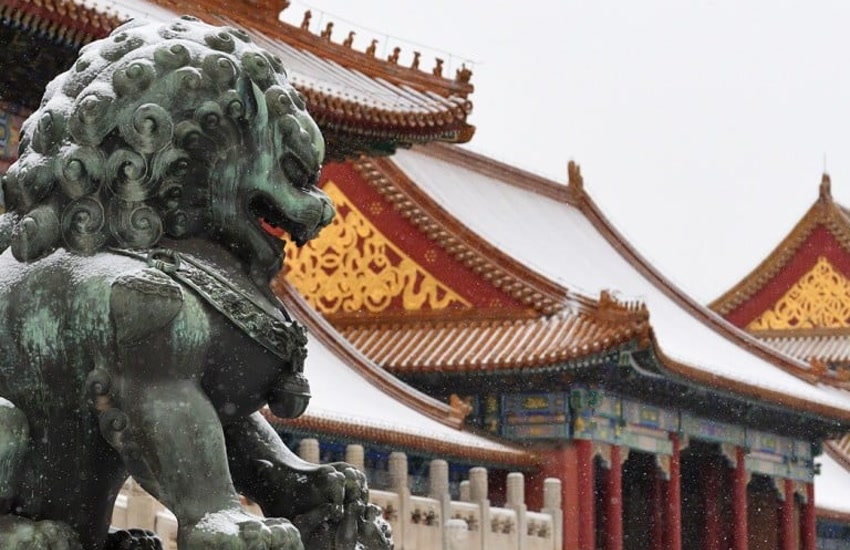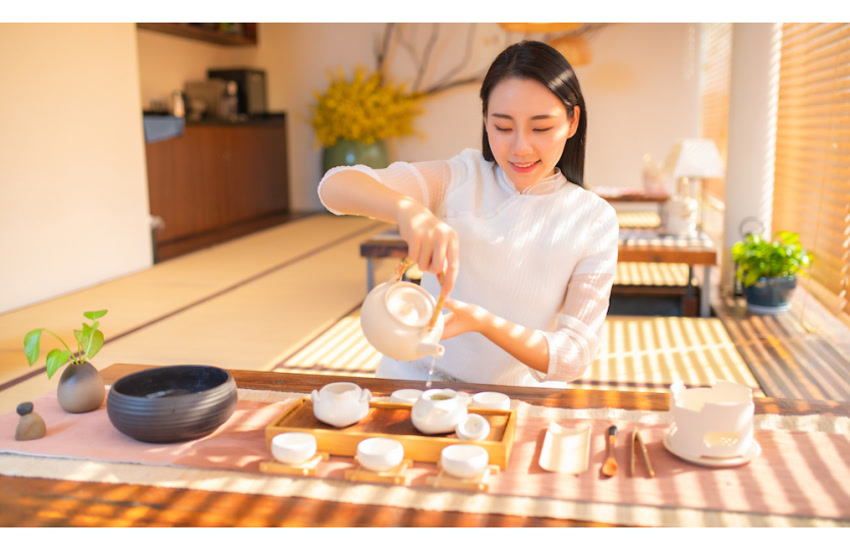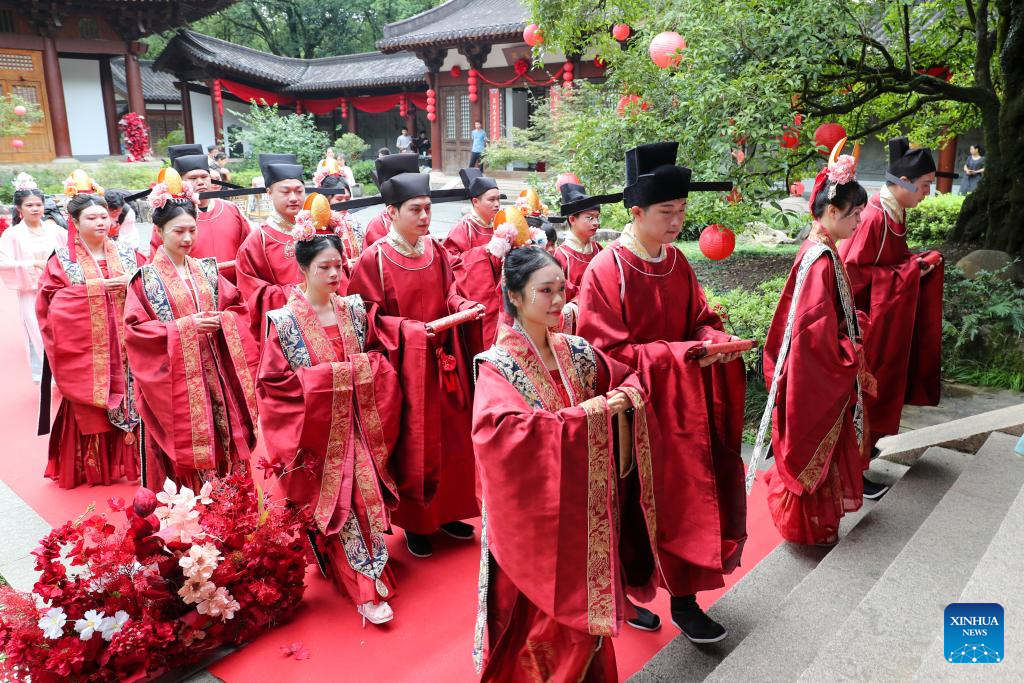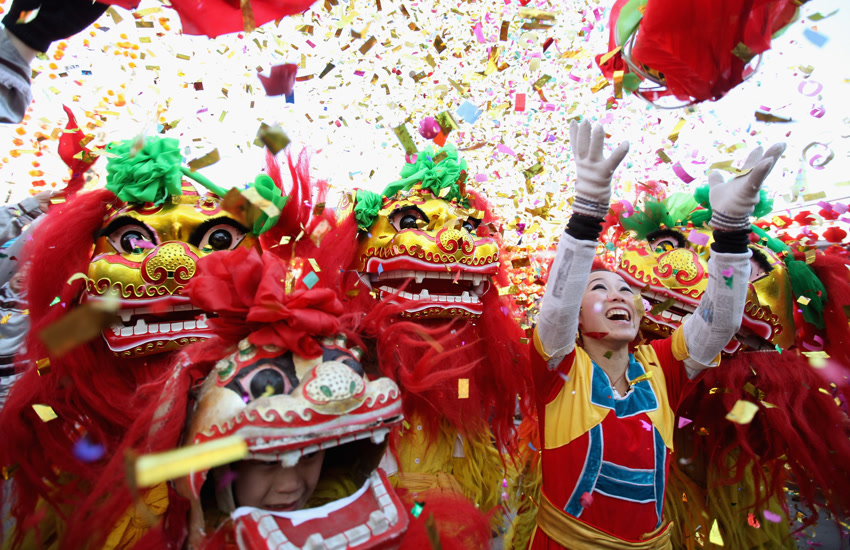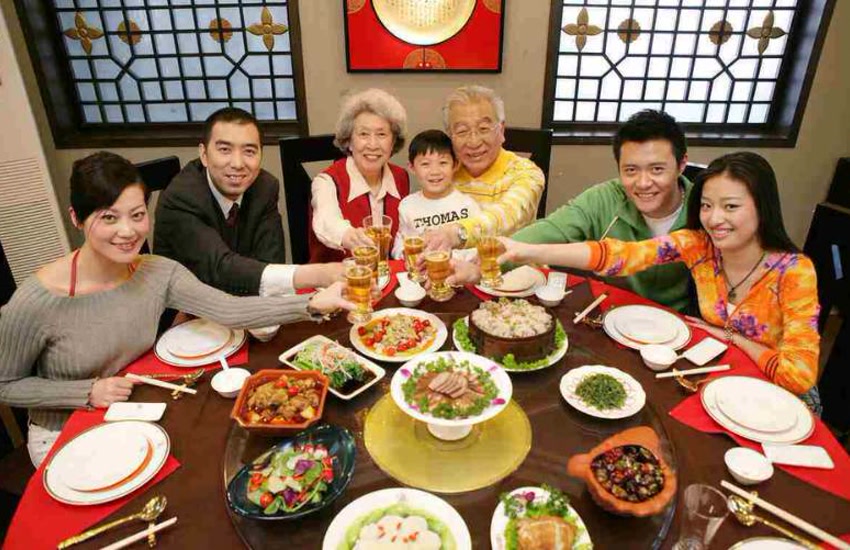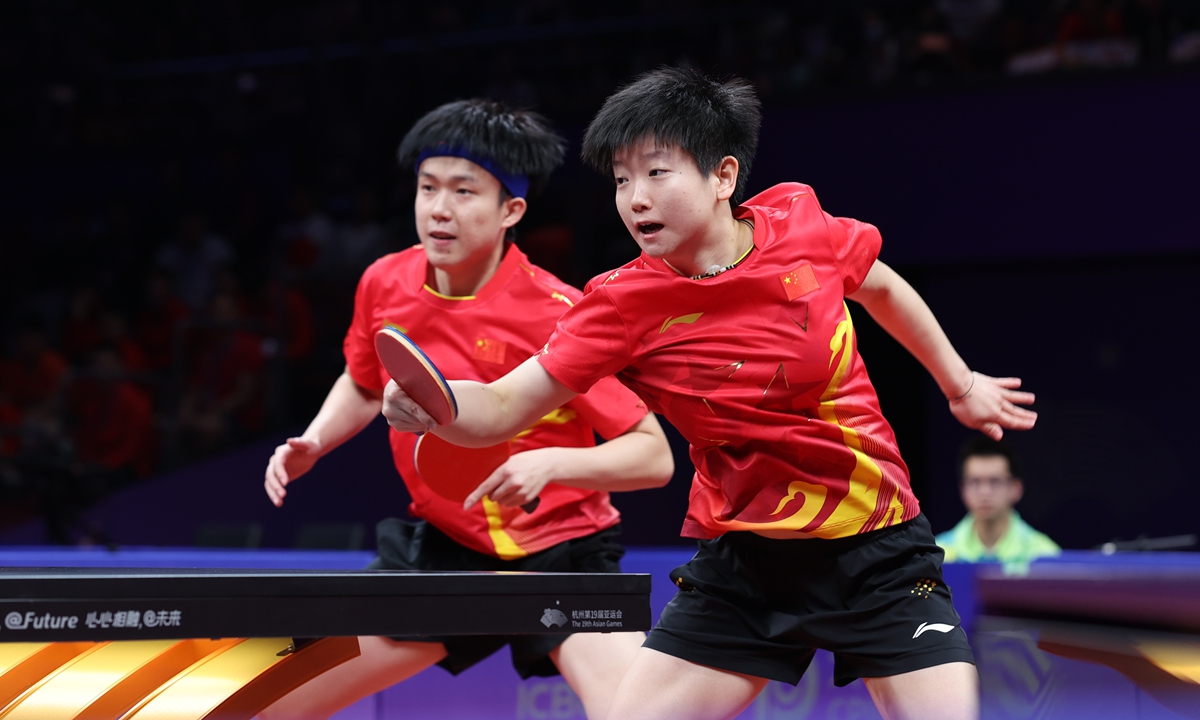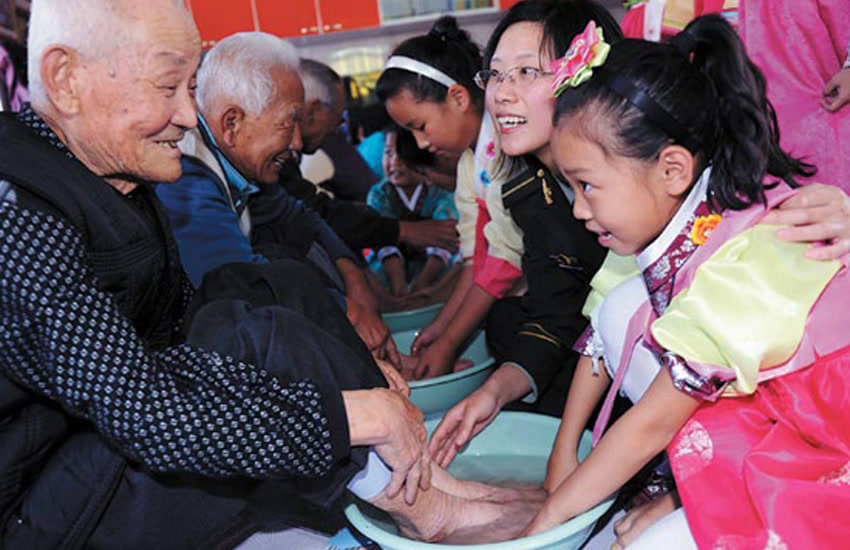
Ni hao, travelers!
As many of you know, I’m a huge fan of exploring China, from its bustling megacities like Beijing and Shanghai to its serene countryside.
Today, I want to talk about something fundamental in Chinese society: the respect of older people in China.
A Foundation Built on Confucianism and Filial Piety
To truly understand the respect of older people in China, you need to understand a concept called filial piety (孝, xiào). What did Confucius say about respecting elders, you ask? Well, Confucius emphasized that a harmonious society begins with the family. This isn’t just about obedience; it’s about gratitude for the sacrifices made by previous generations and recognizing their wisdom and experience.
What Does Filial Piety Encompass?
Filial piety extends beyond simple obedience. It encompasses:
- Respect and Deference: Allowing elders to go first, offering them seats, and generally deferring to their opinions.
- Care and Support: Ensuring their physical and emotional well-being, providing for their needs, and ensuring they are comfortable in their old age.
- Honoring Their Wishes: Taking their advice seriously and making decisions that honor their legacy.

Seeing Respect in Action: Everyday Examples
Examples in Daily Life
Here are a few examples of how the respect of older people in China is shown in daily life:
- Giving Up Seats: On crowded buses and subways, young people almost automatically offer their seats to older individuals.
- Speaking with Respect: The language used when addressing elders is often more formal and polite.
- Consultation and Advice: Families often seek the advice of their elders on important matters, from career choices to marriage decisions.
- Taking Care of Parents: It is still common to find multiple generations living under one roof, with younger generations actively involved in caring for their aging parents.

The Reality: Challenges and Changes in Modern China
Challenges in Respecting Elders
While the respect of older people in China remains a strong cultural value, modern life presents new challenges. The one-child policy, rapid urbanization, and economic pressures have all impacted traditional family structures and the way elderly care is provided.
Changing Dynamics
Here are some of the changes challenging the traditional ways of respecting elders in China:
| Challenge | Description |
|---|---|
| The Graying of China | China is facing a rapidly aging population, which puts a strain on the social support system. |
| Urban vs. Rural Disparities | The elderly in rural areas often face more challenges than their urban counterparts due to migration of young people to cities. |
| The One-Child Policy’s Impact | The one-child policy has created a generation of only children who bear the sole responsibility of caring for their aging parents. |
Travel Tips: Showing Respect as a Visitor
Respecting Elders as a Visitor
As a traveler in China, it’s important to be mindful of these cultural norms and show respect to the elderly. Here are a few tips:
- Offer Your Seat: If you see an older person standing on public transport, offer them your seat.
- Use Polite Language: When interacting with elders, use polite language and address them with respect.
- Learn a Few Phrases: Learning a few basic Mandarin phrases, such as “Nin hao” (hello, formal) and “Xie xie” (thank you), can go a long way in showing respect.
Final Thoughts: A Lesson in Intergenerational Harmony
My experiences in China have taught me a valuable lesson about the importance of intergenerational respect and the wisdom that comes with age. While challenges exist, the deep-rooted respect of older people in China serves as a reminder of the value of family, tradition, and the importance of honoring those who came before us. It’s something I’ll carry with me long after my travels in China are over.
What are your thoughts on filial piety and respect for elders? Have you witnessed similar customs in other cultures? Share your experiences in the comments below!
Zai jian! (Goodbye!)
For more insights into Chinese culture, check out our articles on Chinese Tea and Dining etiquette in China.



